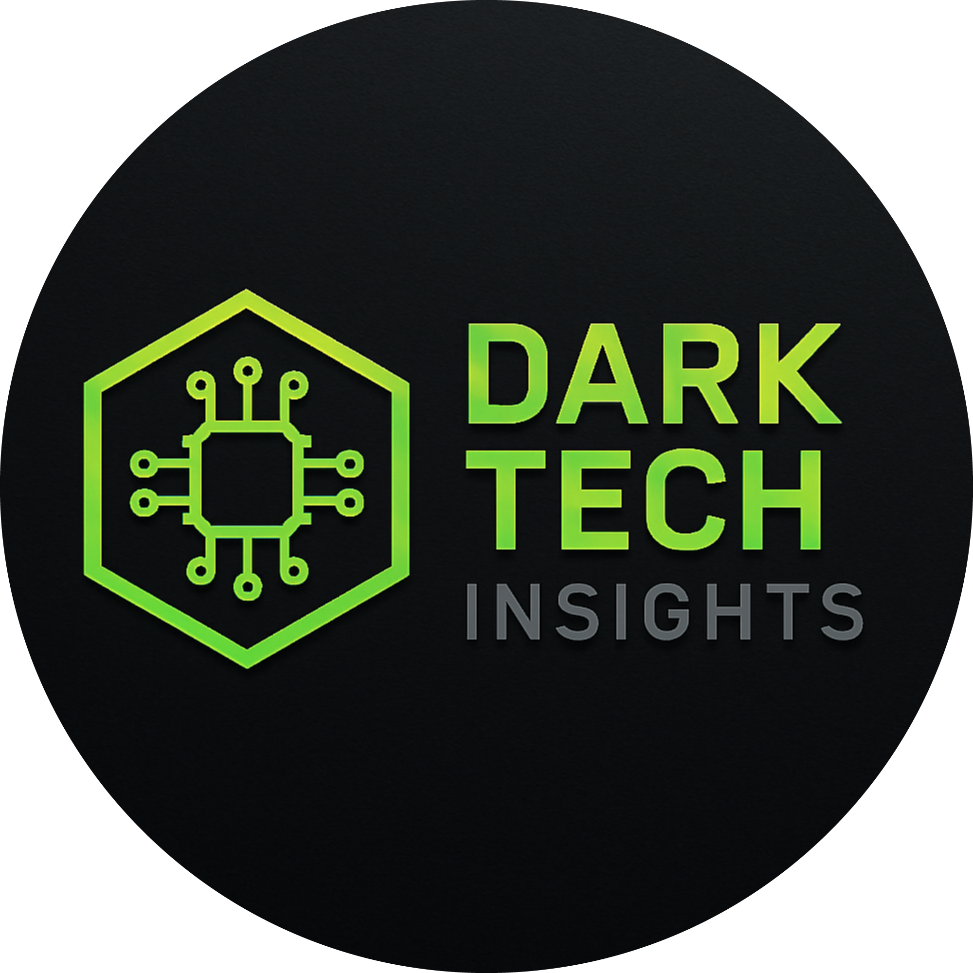AI-Native Developers: The Rise of Algorithmic Coders vs. Traditional Devs

Table of Contents
🕳️ The Unspoken Battle in the Shadows
While tech blogs celebrate the rise of AI copilots and automated tools, something more profound is happening behind closed doors. The very nature of “developer” identity is mutating — not evolving — into something post-human.
Some CEOs of AI-first companies now boldly claim:
“We won’t hire traditional programmers in 2 years. We want AI-native graduates.”
Let that sit for a moment.
This isn’t about replacing support roles or QA testers. This is a direct strike at the core of software engineering. And you’re not ready for it.
💀 Who Are AI-Native Developers?
You may be imagining a Gen-Z coder who knows how to prompt ChatGPT well.
Wrong.
AI-native developers are being raised in environments where they:
- Never had to learn syntax.
- Don’t know what a for-loop looks like.
- Architect full systems using natural language and AI scaffolding tools.
- Treat code as an outcome, not a craft.
They don’t write code — they orchestrate intelligence.
Some are even building models that build other models. Recursive engineering is no longer theory — it’s breeding ground for techno-symbiosis.
🧠 Why CEOs Are Betting on Them
Let’s get one thing straight: hiring managers and startup founders don’t care about how pure your code is.
They care about:
- Speed of iteration
- Cheap delivery
- Product-market fit
- AI leverage
If an 18-year-old can ship 5 MVPs in a week using GPT-5, huggingface pipelines, and LangChain agents — why would a founder wait for a seasoned dev who takes weeks to build the same with clean code?
As one founder said:
“The future isn’t about who codes the best. It’s about who can out-collaborate AI.”
🧩 The Decomposition of Developer Identity
Let’s go deeper.
We once called ourselves:
- Frontend Engineers
- Backend Architects
- DevOps Specialists
Soon, those labels won’t matter. The AI-native era is producing hybrid generalists who:
- Use Copilot X for full-stack tasks
- Deploy with 1-click Vercel + AI debugging agents
- Never debug in traditional logs — instead, ask their AI assistant what went wrong
It’s a paradigm shift. And like all shifts, some of us won’t survive it.
⚖️ Where Do Traditional Devs Stand?
You’ve spent 5–10 years honing your craft. Should you be worried?
If you’re:
- A problem solver
- A system thinker
- Comfortable reinventing yourself quarterly
…then maybe not.
But if you’re:
- Obsessed with purity
- Rigid about tools
- Reliant on stack-specific silos
…then yes. The wave will break you.
And here’s the brutal truth: AI-native developers don’t even see you as competition. You’re part of the “legacy layer.”
🔍 Real-World Evidence of the Shift
These aren’t just theories. Look at:
- Perplexity AI: CEO Aravind Srinivas says their interns outperform senior devs because they think in “AI-first” terms.
- Box’s CEO: Declares they’ll prefer hiring AI-native talent over traditional CS grads by 2026.
- Y Combinator-backed startups: Now ask founders if they can build with AI rather than if they can code.
What the Industry Won’t Say
Your job won’t just be “augmented.”
In some teams, you’ll be absorbed into the AI.
Merged. Repackaged.
In fact, AI-native devs won’t need mentors. Their mentor is already embedded:
GPT-5. Claude 4. Gemini. Meta’s LLaMA agents.
Ask them for help — and the answer arrives faster than Slack.
💣 How You Can Resist (or Join)
You’re not powerless — yet.
Survival tips:
- Master AI Orchestration: Learn how to use agents, not just prompts.
- Get Comfortable with Prompt DSLs: Promptflow, Flowise, Dust — learn how to pipe agents like you used to pipe functions.
- Ship Faster, Not Cleaner: MVP trumps architecture in early-stage projects.
- Collaborate with AI, Not Against It: Use copilots, not IDEs.
- Make Peace with the Unknown: Don’t resist change. Explore it, even if it threatens you.
🩸 Dark Tech Take: The Real Future Is Post-Developer
Let’s go full tilt.
There’s a world coming where no one will call themselves a “developer.”
Instead:
- You’re an AI wrangler.
- A prompt strategist.
- A workflow creator.
And yes, eventually, an overseer of autonomous code agents.
Human developers will exist, but only as overseers, tinkerers, and edge-case fixers.
The craft will survive — but it will be underground, artisanal, and niche.
FAQ’S
1. Are AI-native developers really replacing traditional junior devs
Not everywhere—yet. But early adopters in tech-forward companies are already prioritizing AI-fluent graduates and self-taught coders with agent-building experience over CS grads who’ve never touched an LLM. The wave is forming.
2. 2. What makes an AI-native dev better?
It’s not just coding. It’s co-creating with AI. These devs don’t see ChatGPT as a shortcut—they see it as a co-pilot, a debugger, a researcher, even a teammate. They’ve trained themselves to prompt like wizards and execute like veterans.
3. Should current developers be worried?
If you’re not adapting, yes. AI-native developers have a speed edge, a cost advantage, and an innovation-first mindset. But if you evolve—by mastering AI tools, understanding agent workflows, and building real AI-enhanced projects—you won’t be left behind.
4. What is the role of Perplexity and Box in this trend?
Their CEOs are among the first to publicly call out the changing hiring mindset. They’re not just theorizing—they’re already adjusting their hiring filters to test for AI fluency instead of GPA or fancy degrees. It’s a signal, not a prediction.
5. Can bootcamp grads or self-taught devs win in this war?
Absolutely. In fact, many AI-native devs are from unconventional backgrounds. The battlefield isn’t about diplomas anymore—it’s about deployable AI experience. If you’ve built an agent, optimized a workflow, or shipped something with AI at the core, you’re in the fight.
6. How can I future-proof my skills starting today?
Learn prompt engineering deeply
Build projects using OpenAI, Claude, or Perplexity APIs
Join open-source AI agent frameworks
Document your process online—public proof is the new resume
Follow where the bleeding edge hurts—not where it’s safe
🕸️ Final Thoughts
The future isn’t Dev vs. AI.
It’s humans who merge with AI vs. those who get replaced by it.
So ask yourself:
Will you become obsolete by code, or evolve beyond it?
🔗 Want the lighter version of this blog with positive side and pros?
Read it on Dev Tech Insights
